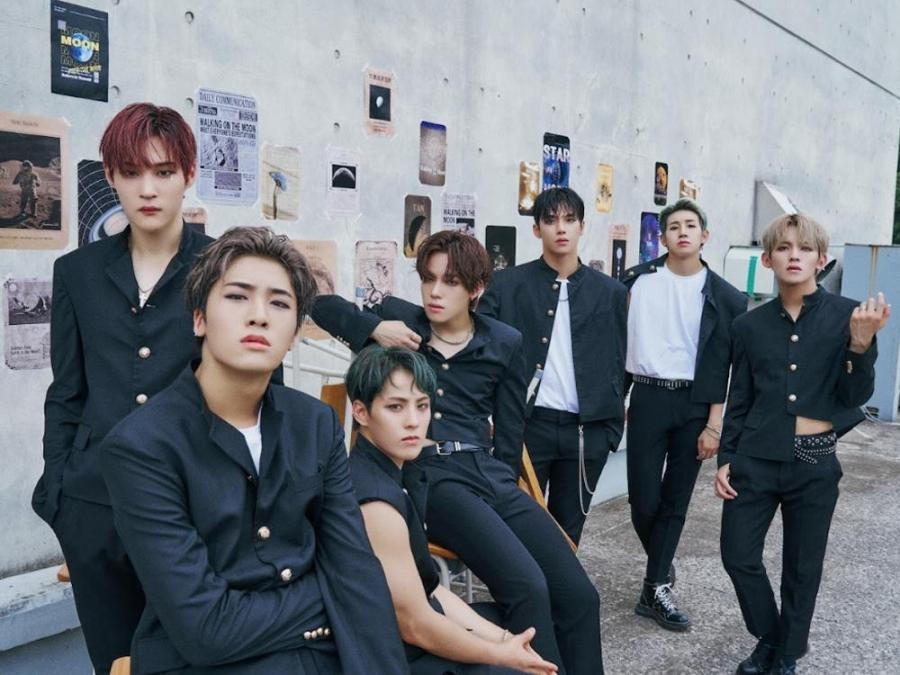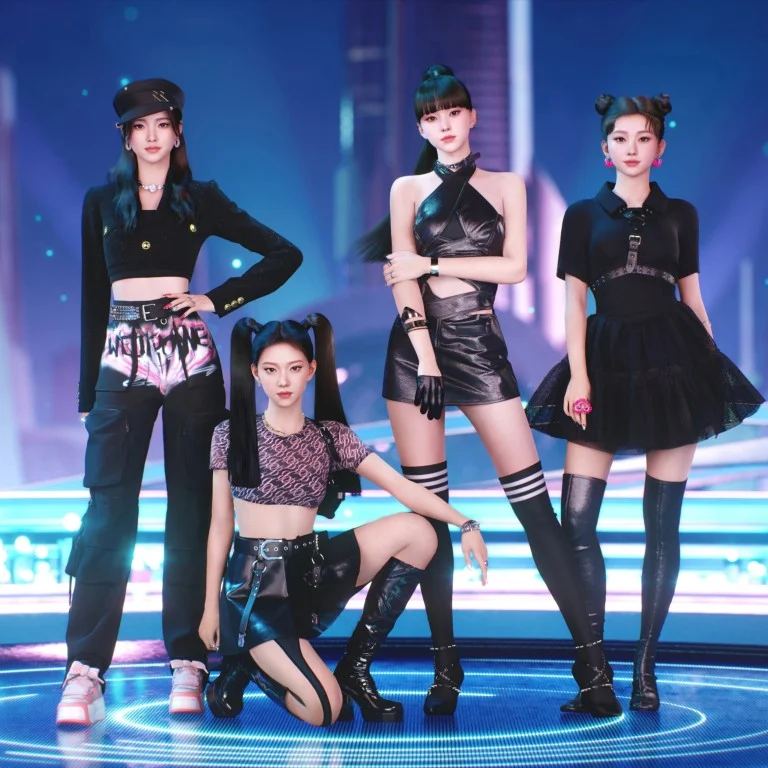The glitz and glamour of South Korea’s entertainment industry, especially K-pop and K-drama, have cast a spell on the global stage. Iconic groups like BTS have not only raked in megabucks but garnered an immense international following. However, behind the scenes, a haunting narrative unfolds — a tale of unhappiness and vulnerability that shadows the seemingly dazzling success.
The Rise of K-pop and K-drama
Over the past decade, South Korea’s entertainment industry has wielded unprecedented soft power, captivating audiences worldwide. The meteoric rise of K-pop, exemplified by chart-topping groups like BTS, has transcended Southeast Asia, reaching the heart of mainstream American networks. Similarly, K-dramas, showcased on global platforms like Netflix, have garnered a fervent international fan base, transforming actors into idols admired globally.
The Alarming Reality
Despite the external sheen of success, an alarming number of suicides within the industry reveal a darker reality. Young artists, on the cusp of fame or having tasted success, have succumbed to the pressures of the famed Korean dream. The recent death of K-pop star Moon Bin from the popular band Astro at the age of 25 echoes a disturbing pattern seen in the industry. This tragic trend is not new; four years ago, K-pop idol Sulli of f(x) took her life at the same age, unraveling the unsettling narrative of despair that shadows budding careers.
The Pervasive Patriarchy
Beneath the glossy skyscrapers and the booming skincare industry, South Korean society retains a patriarchal structure with exacting standards. Sulli, credited for taking K-pop to global heights, was a vocal critic of the male-dominated showbiz industry. Her allegations of relentless online intimidation and severe depression, rooted in gender dynamics, were dismissed as the industry prioritized a curated image over real-life struggles. The scripted lives of these stars, monitored closely by management companies, offer little room for authentic expression.
Tragedies Unveiled
Sulli’s tragic end was followed by her close friend Goo Hara, a singer, who faced cyberbullying and was found dead after appearing in a sex tape against her consent. The public struggles of these artists shed light on an industry where success and demons coexist in a tight embrace. Kim Dong Wan’s poignant reflection on celebrities battling inner demons for the allure of fame and money resonates with the hidden challenges faced by those living under the spotlight.
The glitzy facade of K-pop and K-drama conceals a stark reality — a poignant reminder that success often comes at an unimaginable cost, leaving an indelible mark on those who dare to dream in the shadows of stardom.
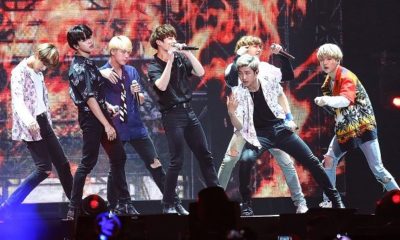
 Kpop1 year ago
Kpop1 year ago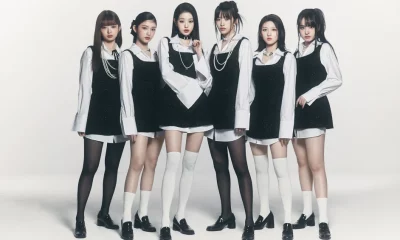
 Uncategorized1 year ago
Uncategorized1 year ago
 Skincare Tips1 year ago
Skincare Tips1 year ago
 Kpop7 years ago
Kpop7 years ago
 Kpop1 year ago
Kpop1 year ago
 Kpop1 year ago
Kpop1 year ago
 SB191 year ago
SB191 year ago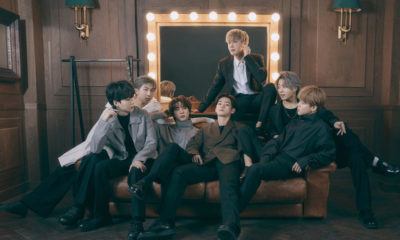
 Kpop1 year ago
Kpop1 year ago

